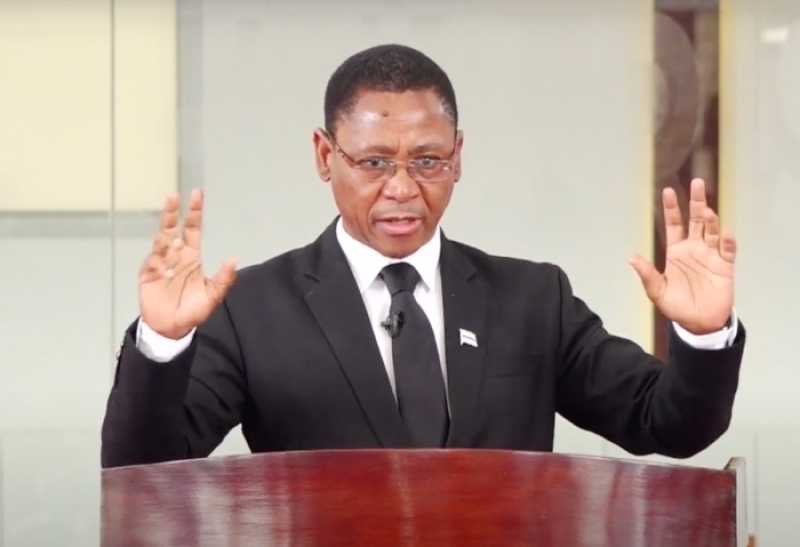
Dr. Master Matlhaope, General Secretary of the Association of Evangelicals in Africa (AEA), has issued an call for the African Church to rethink its theology and redefine its mission to confront the continent's complex challenges.
In an interview with Christian Daily International, he highlighted multiple pressing issues facing Africa. “Africa is a continent that has so many challenges,” he stated. “From poverty, hunger, civil wars, terrorism, extremists to persecution. These are realities of Africa. Weak states create just an opportunity moment for extremists to thrive.”
Matlhaope expressed that the Church often responds to the symptoms of these problems rather than addressing their root causes, such as poor governance and a failure to disciple believers holistically.
He provided insight into the situation in the northern Democratic Republic of Congo (DRC), where he noted, “we had the government infrastructure basically collapsing because of insecurity. That weakness created an opportunity for extremists to take advantage and kill Christians.”
Matlhaope also criticized what he identified as an imbalanced approach to theology among Africans, particularly within Pentecostal circles, who have tended to emphasize the spiritual aspects while neglecting the physical. “In some places where we are the majority, we still face economic and legal persecution,” he added.
“People of other religions come and occupy the economic space and then hold national authority. The Church becomes a victim—even though they are the majority—because we told ourselves the socioeconomic and political space is a no-go zone.”
This disengagement, he argued, is a result of flawed theological dualism. “Our God is the God of Genesis 1, the one who created the heavens and the earth, both the spiritual and the physical,” he said. “He didn’t create them to donate them to Satan or to others. We should be custodians of the same.”
Matlhaope called for a “redoing” of theology, one that empowers Christians to steward all aspects of creation, including economic, social, environmental, and political dimensions. Furthermore, he criticized the Church for its inaction against political injustice and nepotism, especially when leaders appoint their own tribesmen to positions of power.
“The Church sees this and chooses to look away. What is the result? Coups d’etat,” he remarked. “When they see poor governance being perpetuated, the Church needs to speak against that. That’s the prophetic role of the Church.”
He cautioned that current discipleship models are inadequate, often concentrating on producing church leaders at the expense of nurturing well-rounded citizens. Matlhaope linked this disengagement to a flawed eschatology, stating, “We believe Jesus is coming very soon, and that has caused us not to plan for today.”
He emphasized the necessity of planning for immediate needs, asserting, “But Jesus might come tomorrow, next year, or in a hundred years. In the meantime, we need to plan what we’re going to eat today, tomorrow, next week.”
Highlighting economic vulnerabilities, he provided an example from Botswana where the poultry sector is dominated by groups requiring halal certification, disadvantaging Christian producers. “We need to sit down and ask: Where are our children going to go to school?” Matlhaope said, noting the lack of Christian schools in some majority-Christian regions, which forces families to enroll their children in Muslim institutions.
Matlhaope pointed out that some radicalization stems from longstanding grievances the Church has neglected. “In some cases, it’s the absence of the Church’s active role. Communities watch as their resources are taken away to develop others. Over time, that creates rebellion, which may become informed by ideology or religion.”
He believes that tragedies arising from these issues could be prevented if the Church acted prophetically. The way forward, he posited, lies in reconstructing theology to encompass the full scope of the gospel—both spiritual and physical.
“The Church should reinvent its theology to be holistic,” he argued, recognizing that “Africa is infested with poverty; there are so many orphans. That is an opportunity for the Church to demonstrate the God of the Bible who is the Father to the fatherless.”



















